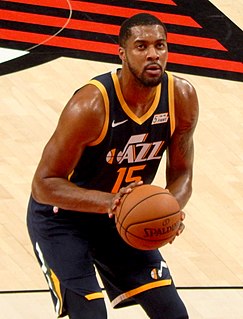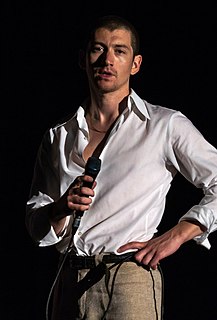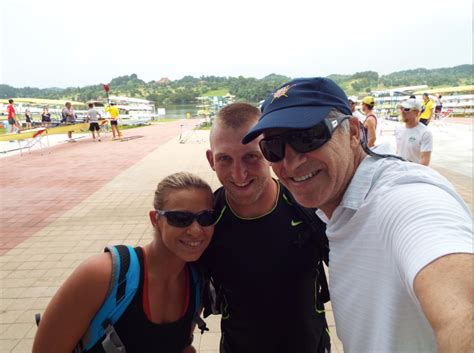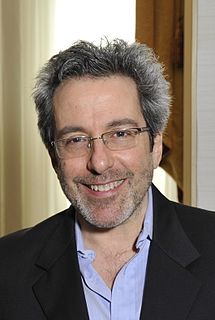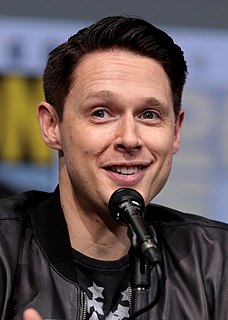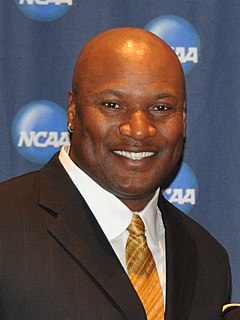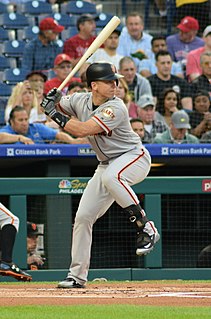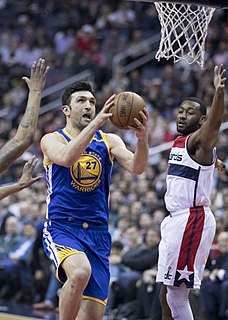A Quote by Casey Stengel
You have to draft a catcher, because if you don't have one, the pitch will roll all the way back to the screen.
Related Quotes
Writing the first draft of a new story is incredibly difficult for me. I will happily do revisions, because once I can see the words on the page, I can go about ripping them up and moving scenes around. A blank page, though? Terrifying. I'm always angsty when I'm working my way through a first draft.
That rock ‘n’roll, eh? That rock’n’roll, it just won’t go away. It might hibernate from time to time, sink back into the swamp. I think the cyclical nature of the universe in which it exists demands that acquiesce to some of its rules. But it’s always waiting there, just around the corner,” he added. “Ready to make its way back through the sludge and smash through the glass ceiling, looking better than ever. Yeah, that rock’n’roll, it seems like it’s faded away sometimes, but it will never die. And there’s nothing you can do about it.
Rigging is like Zen meditation. You must bend over the boat until your back is breaking, until your brain is filled with numbers and fractions of numbers, until you can accurately measure an oarlock's pitch without bothering to use the pitch meter. Only then will you see the way of eternal rigging happiness.
I taught everyone a very bad lesson at my publisher because they actually gave me deadlines this time and I'm now meeting them. I used to say, "Here's my book; it's six years late." I'm so much faster now, and work differently. With all the years of writing, I think I still draft as obsessively, but I think back to writing. On your first story, you start at draft one. On your second story, you start at draft ten. On your third story, you start at draft one hundred. If you need a hundred and eight drafts, you may write eight instead of a hundred and eight.
I'm a Brit and I just put myself on tape, back in London, for a very distant American project that I thought I didn't stand a chance of getting. And then, I got a call about a week after I had submitted my tape, just saying, "They really like you and want to screen test you." So, I flew to L.A. and did the screen test. And then, I met Elijah [Wood] and did a screen test with him. And then, I had a very nerve-wracking few days back home, waiting and waiting and thinking, "This cannot possibly go my way because that would just be too good to be true." And then, it did.
I think Ed Harris is a conscious screen actor, so I think it was strong, it was like he put everything together somehow in 'The Way Back'. He likes, I don't want to say the method approach, because that's not really necessarily his way of working, but it was easy to do because of the location. He'd go off by himself, and they would make things.

